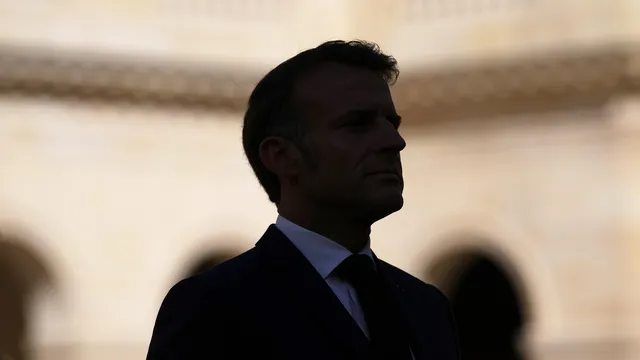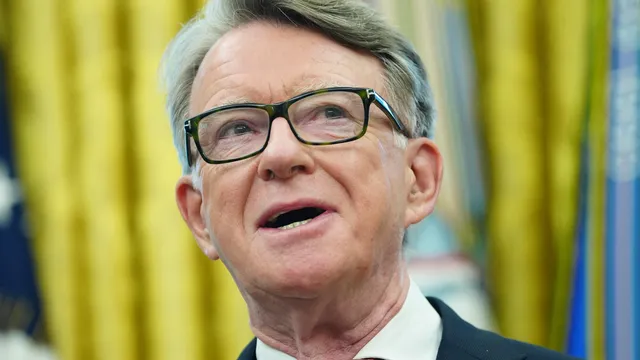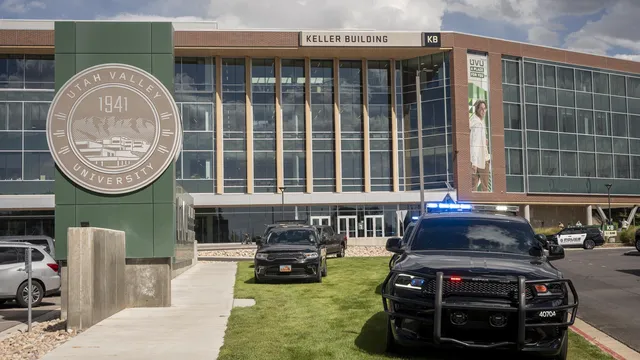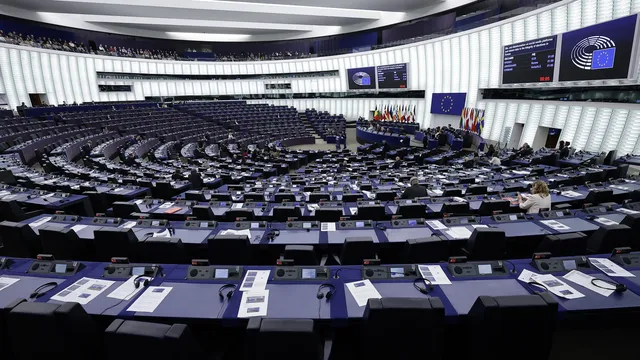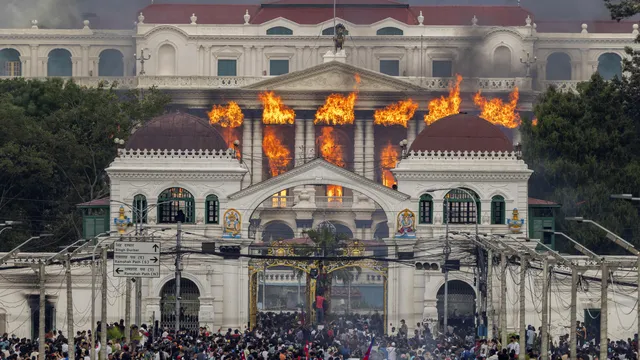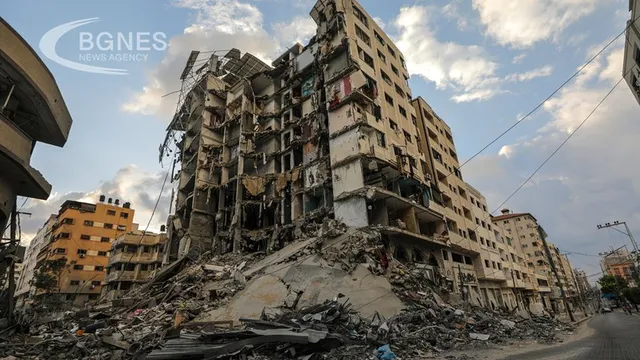Over the past year, French President Emmanuel Macron has established himself as one of the world's most influential leaders. Through his active diplomacy, he has reshaped alliances, advanced European priorities, and placed France at the center of efforts to address some of the world's greatest challenges.
On the international stage, Macron has managed to build a coalition of 26 countries to provide security guarantees and military support to Ukraine, persuaded many countries to follow France in recognizing Palestinian statehood, negotiated major trade agreements with Vietnam, Indonesia, Brazil, and Singapore, and made progress on the Treaty on the Protection of the High Seas.
The domestic political front, however, looks dramatically different. The president's approval rating has plummeted to 15%, and the country is in a state of political paralysis due to a deeply fragmented parliament, growing public discontent, and a series of government crises.
Government crisis and a “merry-go-round” of prime ministers
After his re-election in April 2022, Macron lost his parliamentary majority in the June elections that same year. This led to a series of political upheavals:
The first prime minister of his second term, Elisabeth Borne, resigned after 19 months due to violent protests and parliamentary clashes over pension reform.
Her successor, Gabriel Attal, lasted less than six months.
In June 2024 Macron dissolved the National Assembly, hoping that new elections would bring stability. But the result was the opposite—parliament became even more fragmented.
Michel Barnier was appointed prime minister after a seven-week hiatus and the Olympic Games in Paris, but he remained in office for only three months.
His latest successor, François Bayrou, resigned this week after a vote of no confidence.
In response, Macron appointed Sébastien Lecornu, a 39-year-old loyal ally and former defense minister, who will have to push through the October budget. But given the division in parliament, his government has been in question from the outset.
No way out: the political deadlock continues
The French parliament is in a serious political deadlock, with the moderate left and right weakened and the far left and far right gaining strength. This dynamic is due to Macron's own strategy—in 2017, he built a centrist majority that broke the traditional balance between socialists and republicans.
Today, however, this move is backfiring: the opposition is more fragmented, but also more influential. Macron faces a choice between dissolving parliament again — which could strengthen the extremist parties — or continuing to govern through his presidential powers.
Calls for his resignation are growing, but he insists that he has no intention of stepping down and will remain in office until the end of his term in April 2027.
Social tension and protests
Political instability has been accompanied by a new wave of social unrest. Macron's decision to call early elections in 2024 was seen by many as a risky political move that deepened divisions. His pension reform and economic policies are also fueling anger.
This Wednesday, September 10, mass demonstrations were held under the slogan “Bloquons Tout” (“Let's block everything”) against rising living costs, social inequality, and his management decisions.
The future of Macron and France
The coming months will be critical. If the government manages to pass the budget and achieve temporary stability, Macron may be able to save his second term. If not, France faces the risk of remaining in prolonged political paralysis at least until the 2027 elections.
Macron is not eligible to run for a third consecutive term, but he could try to make a comeback in 2032. Despite the deep crisis, the moderate majority in France still believes that the alternatives – such as Marine Le Pen – are far riskier. | BGNES
---
Mannon Cruz, The Conversation

 Breaking news
Breaking news
 Europe
Europe
 Bulgaria
Bulgaria
